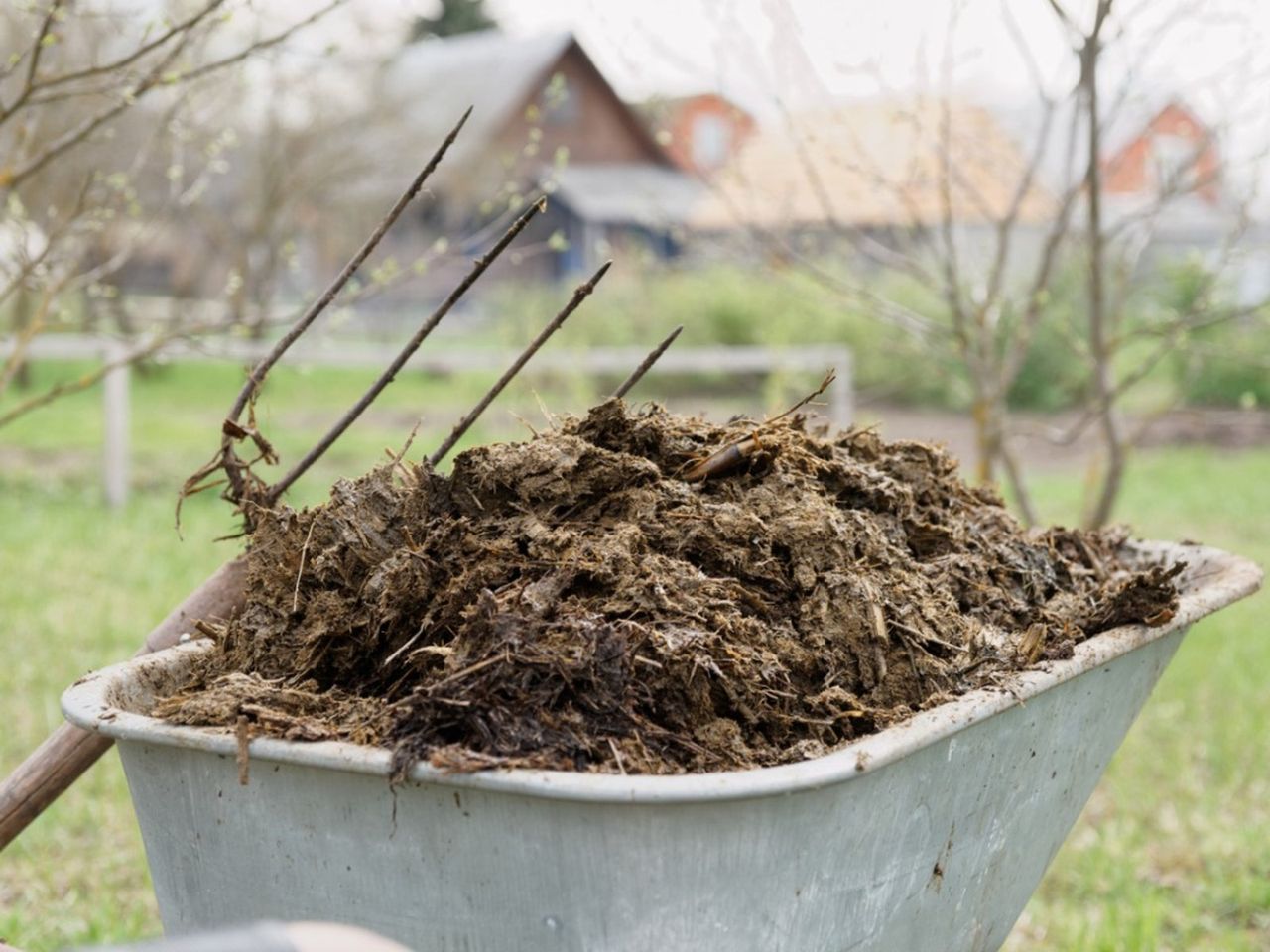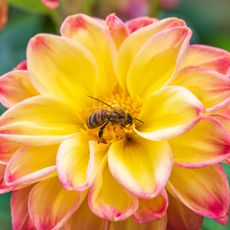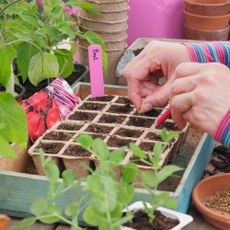Manure Tea On Crops: Making And Using Manure Fertilizer Tea


Using manure tea on crops is a popular practice in many home gardens. Manure tea, which is similar in nature to compost tea, enriches the soil and adds much needed nutrients for healthy plant growth. Let's look at how to make manure tea.
Manure Fertilizer Tea
The nutrients found in manure tea make it an ideal fertilizer for garden plants. The nutrients from manure dissolve easily in water where it can be added to a sprayer or watering can. The leftover manure can be thrown in the garden or reused in the compost pile. Manure tea can be used each time you water plants or periodically. It can also be used to water lawns. However, it is important to dilute the tea prior to use so as not to burn the roots or foliage of plants.
How to Make Manure Tea for Garden Plants
Manure tea is simple to make and is done the same way as passive compost tea. Like compost tea, the same ratio is used for the water and manure (5 parts water to 1 part manure). You can either place a shovel full of manure in a 5-gallon (19 L.) bucket, which will require straining, or in a large burlap sack or pillowcase. Make certain that the manure has been well cured beforehand. Fresh manure is much too strong for plants. Suspend the manure-filled “tea bag” in the water and allow it to steep for up to a week or two. Once the manure has fully steeped, remove the bag, allowing it to hang above the container until the dripping has ceased. Note: Adding the manure directly to the water usually speeds up the brewing process. The “tea” is usually ready within only a few days, stirring thoroughly over this period. Once it has fully brewed, you will have to strain it through cheesecloth to separate the solids from the liquid. Discard the manure and dilute the liquid prior to use (a good ratio is 1 cup (240 ml.) tea to 1 gallon (4 L.) of water). Making and using manure tea is a great way to give your garden crops the extra boost they need for optimal health. Now that you know how to make manure tea, you can use it all the time to give a boost to your plants.
Gardening tips, videos, info and more delivered right to your inbox!
Sign up for the Gardening Know How newsletter today and receive a free download of our DIY eBook "Bring Your Garden Indoors: 13 DIY Projects For Fall And Winter".

Nikki Tilley has been gardening for nearly three decades. The former Senior Editor and Archivist of Gardening Know How, Nikki has also authored six gardening books.
-
 Attract More Pollinators: 8 Best Nectar-Producing Plants For Honey Bees And Other Pollinators
Attract More Pollinators: 8 Best Nectar-Producing Plants For Honey Bees And Other PollinatorsWant to know the core plants you can grow to add beauty while helping beneficial garden friends? Discover the best nectar-producing plants for honey bees and other pollinators
By Tonya Barnett
-
 Starting Seeds Indoors Made Easy: Plant Now For More Flowers And Better Crops
Starting Seeds Indoors Made Easy: Plant Now For More Flowers And Better CropsBegin your gardening journey for the season ahead by starting flower and vegetable seeds indoors. Plant early for the longest possible growing window.
By Mary Ellen Ellis